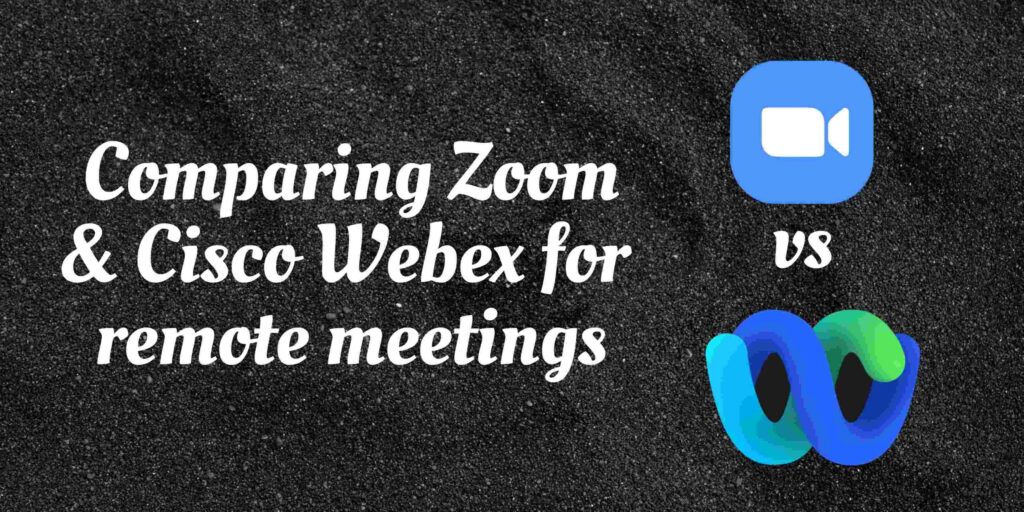
A conversationally intelligent platform transforms a seemingly unusable pile of customer conversations into a goldmine of insights that can transform sales outcomes. It can help businesses reach greater heights by facilitating the stakeholders to make more informed and insightful decisions.
What is Conversational Intelligence?
Conversational Intelligence is an AI-powered sales tool that analyses, transcribes, organizes large piles of unorganized conversation data (speech and text) to provide data-driven insights that would otherwise remain unknown.
Let’s understand Conversational Intelligence in sales through a story…
It was a fine sunny morning on a Monday of September 2019. Olivia was getting ready for a critical sales meeting. She was one of the top salespersons of the company. Olivia had already done her homework on the client. She was very confident that she would succeed in converting this lead.
When she reached the office, she was notified that the meeting was online. She was jittery on hearing this, as her prior experience with online meetings wasn’t as great as face-to-face meetings. However, since she had done thorough homework for this meeting, she didn’t get frazzled by this last-minute change.
She joined the meeting via her laptop. After exchanging pleasantries, Olivia started explaining the product. However, she struggled to understand the client’s reaction to her pitch on the small video screen. Generally, in a face-to-face meeting, Olivia would have modified her pitch basis the client’s body language. After some time, the client switched off his video feed. This made Olivia even more nervous.
At the end of the meeting, Olivia promised the client that she would send a personalized quotation. The meeting ended, but Olivia did not have a good feeling about it. Nevertheless, she had to complete the task at hand. She decided to look at the meeting recording. However, rummaging through a 30-minute long video to find relevant data for the quotation was simply too frustrating.
She decided to break for coffee before working on the document any further. In the breakout area, she was mindlessly browsing on her phone when the topic of Conversational Intelligence (CI) caught her attention. She thought of the endless possibilities CI could use to make sales meetings much better than they are today, possibly also, much better than face-to-face meetings.
Upon reading the article, her thoughts ran wild. She imagined that while in a sales meeting, the computer would tell her, ‘Hey Olivia, the customer seems more interested in pricing and you are talking more about the product. Could you let him know the price?
At another instant, the computer spoke in its robotic but perfect voice, ‘Hey Olivia, the customer has not spoken anything in a while. Could you ask him for feedback? At the end of the meeting, the computer said, ‘Hey Olivia, here are the meeting notes ready for you. I have annotated them as well. You could very well say thank you.’
A nudge from a friend broke Olivia’s reverie and she realized that she was having a sweet daydream. She still had to prepare the quotation document.
While Olivia’s imagination seemed like a dream back then, today Conversational Intelligence is making smart meetings for sales transformation a tangible reality.
In the following subsections, we will be talking about Conversational Intelligence, specifically, w.r.t. sales. Some of the ways in which CI can transformed sales are listed below:
Enhancing the pitch during a sales call
Conversational Intelligence can spot common keywords and nudge the sales agent needs to respond appropriately to the keyword. For example, if the customer mentions the word ‘contract terms’ multiple times in a conversation, the salesperson is nudged showing that the customer is interested in the product and wants to close the deal. The salesperson then uses a scripted action plan already in place to clinch the deal.
Also read:
Conversational Intelligence also determines the talk/listen ratio of the participants of the sales call and intimates the salesperson if the ratio is too off the track, i.e., s/he is talking too much or very little which indirectly reflects the interest of the customer.
Another metric that CI tracks is the talking speed (i.e. words spoken per minute) of both parties. Often, a pitch loses its impact when it is delivered at a speed too fast or too slow for the listener. Nudges presented by the CI helps a salesperson to adjust his talking speed to the audience.
Sales meeting post-processing analytics
Conversational Intelligence (CI) can score calls and determine high- and low-quality leads basis the conversation so that the salesperson can decide where to put the most effort. CI can also segment the meeting conversation (Introduction, Product explanation, Pricing, Challenges, Customer Concerns, etc.) to create annotated meeting notes that can be later referred by the sales team to make sales decisions.
Conversational Intelligence can also help in anticipating customer churn by identifying a common pattern of keywords across different calls (e.g., Cancel my subscription over more than a certain number of calls can be an indication of a high upcoming churn rate and corrective actions can be taken in time to avoid the same.)
Read, Identifying triggers & buying signals.
Efficient training
Since Conversational Intelligence listens to multiple sales conversations, it can be used to create a training document that can be used to train fresh salespersons on how to respond in a certain situation during the meeting.
CI also brings consistency and alignment among the salespersons w.r.t. how they communicate with the customers in usual scenarios. Additionally, Conversational Intelligence makes training location agnostic. With the power of CI, salespeople can be trained across any geography while maintaining uniformity in the training processes.
Check the
Data-Driven Appraisals
CI keeps a track of salespersons’ behaviour during a sales call. It determines whether or not the salesperson stuck to the script, used the tool to his/her advantage, adapted the pitch basis the nudges, etc. Such data points are also useful in determining the specific training needs for the salespersons.
Benefits of Conversational Intelligence (CI)
In terms of sales, CI leads to
- shorter sales cycles
- high quota realisation
- a large number of clinched deals
- saving costs on training
- deliver perfect product demos
In terms of strategic benefits, CI provides
- Data on product/ market fit
- Raw data on Voice of customer
- Insights into the numbers on Dashboard Analytics





